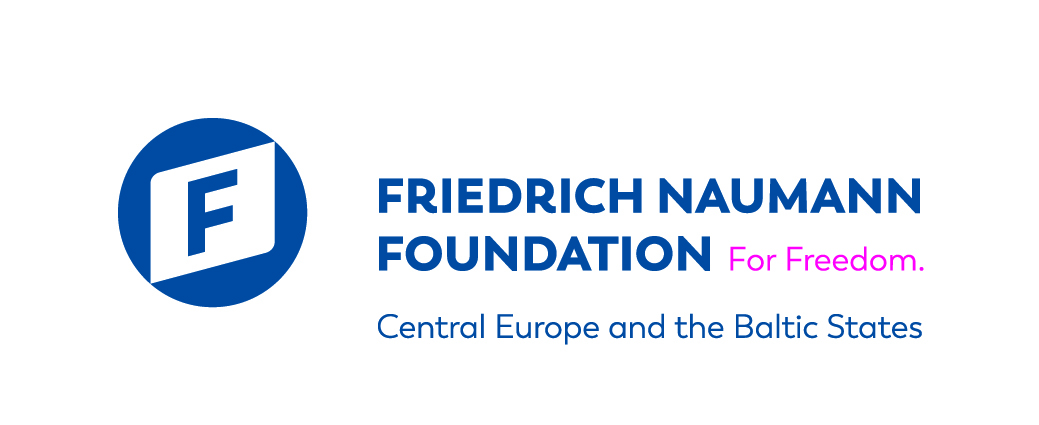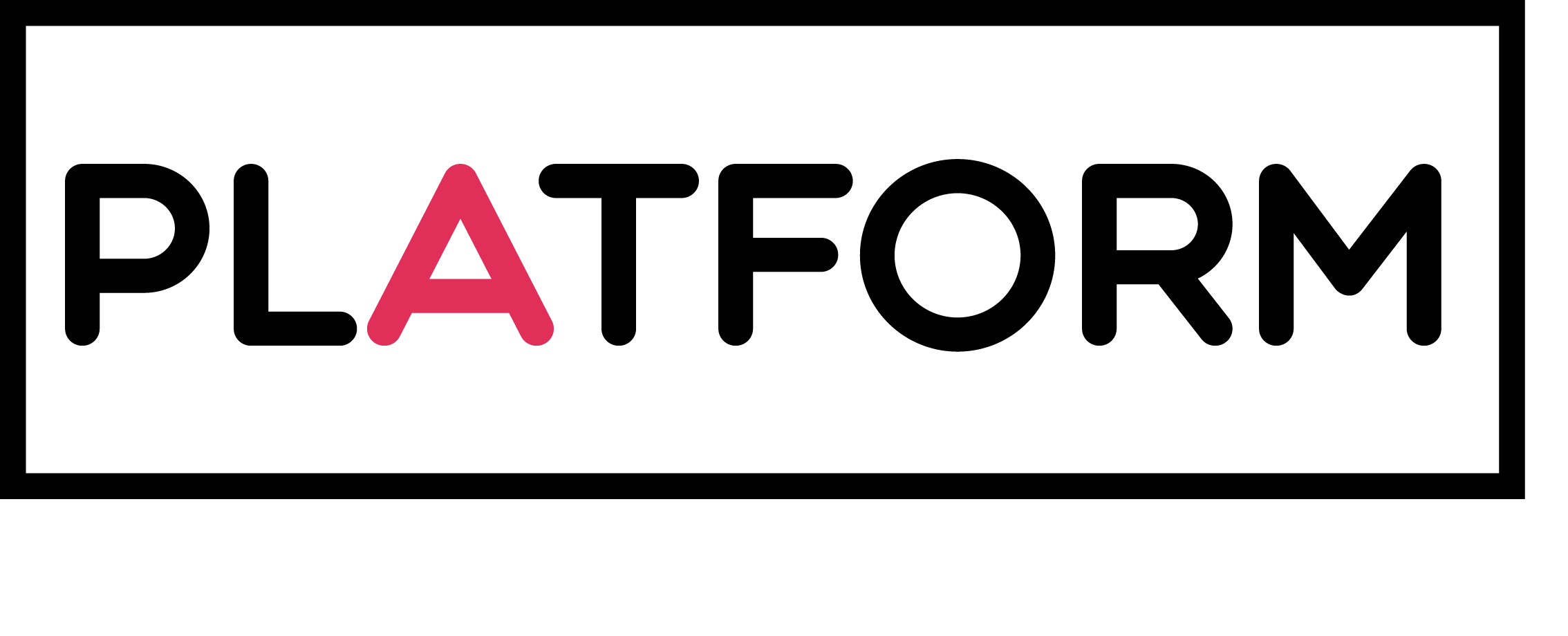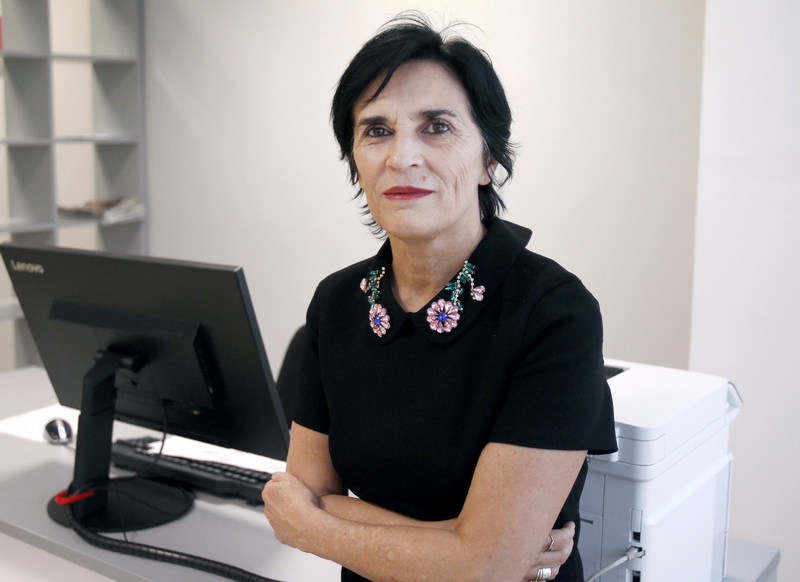Interview with Slobodanka Jovanovska: Russian influence in North Macedonia
How big is the Russian influence in North Macedonia? The idea behind the Russian influence is to remove North Macedonia from the Western world and distance itself from the European integration processes, since this was impossible during the NATO integration process, despite many attempts. Who is behind the Russian propaganda in North Macedonia?
What are the biggest strategies and methods for influencing all aspects of society? Are there mechanisms for defense against Russian influence in North Macedonia?
In an interview with Biljana Sekulovska, the journalist Slobodanka Jovanovska breaks down in detail all the attempts of Russian influence, emphasizing one of the biggest weapons – social media, through which the propaganda machinery of official Moscow is being spread.
Slobodanka Jovanovska is a Foreign Affairs Editor, News Portal “Nezavisen”. Previously, she was working as a correspondent in Brussels, Belgium and Washington D.C, USA.
Biljana Sekulovska: Ms. Jovanovska, what are the key points about the influence of the Russian Federation on North Macedonia? Everything has been detected since 2017, or at least that is when research and analysis on the Russian impact have started to appear in the media.
Slobodanka Jovanovska: I notice that there is a distinction between two phases of the Russian influence in North Macedonia – before 2017 and after 2017. Before 2017, the influence was political, in the sense of supporting political structures that actively advocated the boycott of the Prespa Agreement referendum and structures that practically wanted to preserve the political situation in North Macedonia. Unofficially, there was information in the parliament behind the coup attempt that there were people connected to the Russian security structures.
After 2017, I think the politics and tactics of Russian diplomacy have changed. Now, they are gallivanting with the EU membership process and the dispute with Bulgaria. The intention is to present Russia as a friend of North Macedonia, which is why we saw several examples of how Russian diplomacy practically took the Macedonian side in the dispute with Bulgaria. Regarding the EU, some structures continued to be assisted and the contacts with political parties that openly sought to abandon the Prespa Agreement and to renounce membership in the European Union were maintained. I must say that the delay of the European Union to give us a date for membership negotiations has created a fertile ground for the Russian interests in North Macedonia. People are simply disappointed, and consequently, they are looking for an alternative. It is noticeable that the Russian influence is focusing on a different method.
Biljana Sekulovska: You mentioned several stages. During the previous phase, before North Macedonia entered the Euro-Atlantic integration, i.e. NATO, there were already studies and research that showed evident Russian interference and influence with intention to prevent the Balkan countries to join the EU, or in the case of North Macedonia, to join NATO. How was this done?
Slobodanka Jovanovska: It is known that the Russian security structures were practically behind some political movements in Macedonia such as “United Macedonia” (“ObedinetaMakedonija”) and “Boycott” (“Bojkotiram”). The fact that they are funded by Russian sources and advocate for rapprochement with Russia has not been kept secret – that is part of their political agenda. However, I think that after 2017, the efforts are focused primarily on forming their political parties a party that will promote the Russian influence in North Macedonia.
I believe that the politicians in Moscow realized that the parties they chose as partners in North Macedonia are not influential and are not credible and that they did more harm than good in achieving their goals- they practically did not achieve any goal. Therefore, during the last elections in North Macedonia, one political party that managed to have several members that ran for mayors in several municipalities has appeared, and this party led a decent campaign from a financial point of view. The party is called Rodina and its program openly states that they are committed to maintaining the relations with Russia and China, abandoning the ideas of EU membership, Eurasian integration etc. This political party managed to gather the entire Macedonian political underground. Journalists who were considered mercenaries in the previous regime until 2017 are now practically Rodina supporters and participate in videos, shows, social media posts, debates, and promote the party’s ideas tailored to Russian interests.
Biljana Sekulovska: Russia’s efforts are also evident in terms of media propaganda through trolls on social media and media, electronic media – mostly Internet portals. The focus is especially visible on social networks. In North Macedonia, this is mostly visible on Facebook.
Slobodanka Jovanovska: Yes, there was information from a long time ago, around two months ago. It was based on some research that the Twitter account of the Russian Embassy is one of the most visited Twitter accounts in North Macedonia. I think that it is not so much due to the interest of the Macedonian citizens in the Twitter profile of the Russian Embassy, but because there are trolls behind this, and they are artificially building the popularity of these accounts. On one occasion, I had the opportunity to publish an article related to a Russian scientist who spoke about the origin of the Macedonian language, an issue that is very relevant at the moment, given the dispute with Bulgaria. That article had an incredible readability percentage. People were actively reading the article for three weeks. In the end, we had to conclude that bots or trolls were behind it because it was not realistic to read this article so frequently when it could not even be found on the web page at all times. The article was easily found during the first week, but not three weeks after its publication. I think that there is some background support for the information that goes to the Russian interest and it is noticeable when such topics appear in North Macedonia.
Biljana Sekulovska: Quite a few organizations and institutions are deeply connected to Russia, to Moscow. This has been researched several times, especially in the media. The Russian Cultural Center is clear proof and example that the influence of Russia can not be ignored given that thousands of students study Russian for free, unlike other foreign countries and their embassies in which this is not possible. They do not allow the citizens of North Macedonia to learn their language for free. Is the West failing here?
Slobodanka Jovanovska: When I mentioned two stages, I meant this exactly. After 2017, the efforts for Russian influence are focused mainly on culture, because North Macedonia has a problem with the issue of identity and the Bulgarian dispute that prevents us from joining the European Union, so, all Russian activities are focused on “Days of Russian Music”, “Days of Russian Literature” etc. We are flooded with such manifestations, and in general, this should not be a problem because it is normal for two countries to develop their cultures together and so on. The problem is that Russia backed or self-offered political forces in Russia, I do not know, and the country should investigate entities that are likely to be funded by Russia. They are advocating a political agenda that is far different from these cultural topics officially promoted by the Russian Embassy. I think that in the last few months, a big campaign is being conducted by these centers against vaccination, against the COVID-19 measures.
Harsh rhetoric is continuously being used when talking about the Government. For example, the party known as “Rodina” has been calling the current government a “hybrid regime in North Macedonia” for a year now. Debate shows are organized in which it is claimed that the freedom of expression in North Macedonia is endangered by the fact that the Ministry of health wants to force employees to get vaccinated. I believe that we practically have two parallel campaigns. One is official, and it aims to build cultural and traditional ties with Russia at a time when the European Union is turning its back on us. I must also mention that an airline has been introduced from Moscow and St. Petersburg to Skopje. This is simply a strategy that should bring the two nations closer, and on the other hand, there is another campaign that probably aims to have political influence on who will lead the country and in which direction it will be led. I think that the NATO membership is what bothers the Russian interests in North Macedonia the most.
Biljana Sekulovska: Is the Macedonian state, or are the state institutions making any efforts to amortize that influence or, if not, to annul it? In 2017, a statement was made by one of the directors of the Macedonian intelligence services that they were aware of Russia’s influence and its goal to isolate the country from the Western world. The original idea was to isolate the country from NATO, and now it is from the European Union, but what is the country doing so far?
Slobodanka Jovanovska: I think that our state leadership is sitting on two chairs. They are pursuing politics of – to quote President Kiro Gligorov – “equidistance”. In a sense, they know what Russia’s efforts in North Macedonia are, but they do not want to strain the relations with Russia to the point where it would be largely counterproductive. I think that they are trying to improve the relations, to put them on a realistic footing – eventually, one day, to have Moscow accepting the reality that North Macedonia’s geostrategic interests are in the EU and NATO. I think that they are pursuing wise policies. They are not straining the relations, but they are following all current activities. My only remark is that I think they should pay more attention to the money coming from foreign sources because I believe that there is a lot of money from abroad for the Macedonian political affairs, not only from Russia, but also probably from China, Turkey, etc., so I think they should follow the money.
Biljana Sekulovska: When it comes to political funding, that is the key. During the campaign and the local elections, after the elections, the Prime Minister and leader of the ruling party SDSM Zoran Zaev publicly announced that there was a flow of foreign money in North Macedonia. He did not manage to locate them, but the unofficial information was that the money that were used for financing certain political parties in North Macedonia were from Russia. Unofficially, the funds helped the party VMRO-DPMNE. He did not mention VMRO-DPMNE at all, nor the Russian money.
Slobodanka Jovanovska: Yes, the finger was pointed at Hungarian sources and companies, and we officially know that they are financing some of the Macedonian media outlets for years, but I think the story this time was because the amount of money was so big, there must have been some other sources behind it. I would say that these sources are the anti-EU countries, i.e., more countries that have interest in North Macedonia returning to a regime, a system, or a government that would suit their policies better. I think that there is such money and it is no coincidence that I said that this topic should be explored because it has a huge impact on the political events in North Macedonia.
Biljana Sekulovska: Ms. Jovanovska, thank you for this conversation.
Slobodanka Jovanovska: Thank you as well.
The project/publication is supported by the Friedrich Naumann Foundation for Freedom. The Friedrich Naumann Foundation for Freedom is not responsible for the content of this project/publication, or for any use that may be made of it. The views expressed herein are those of the author(s)/organiser(s) of the project alone. These views do not necessarily reflect those of the Friedrich Naumann Foundation for Freedom.



